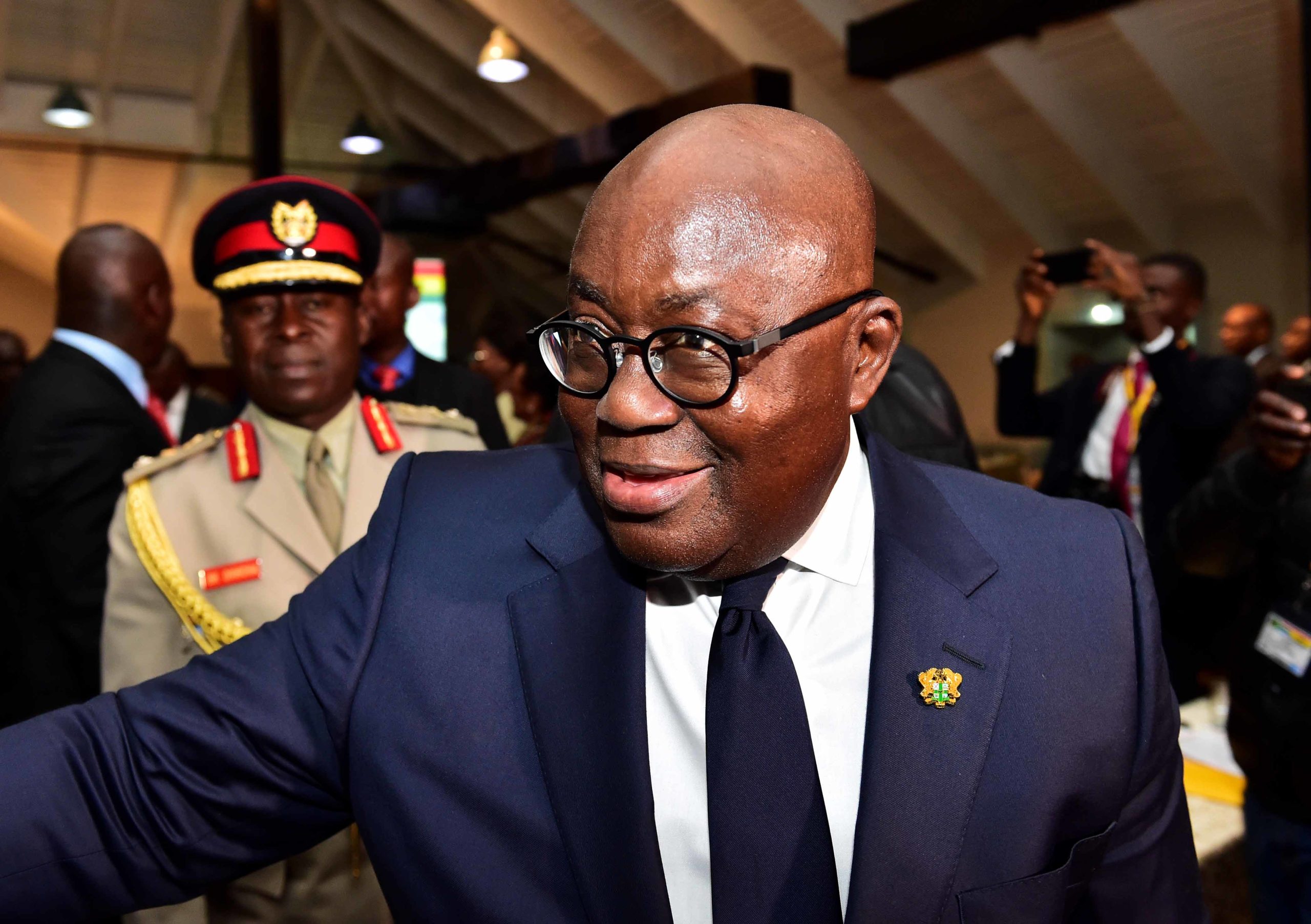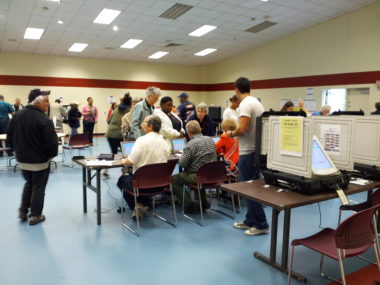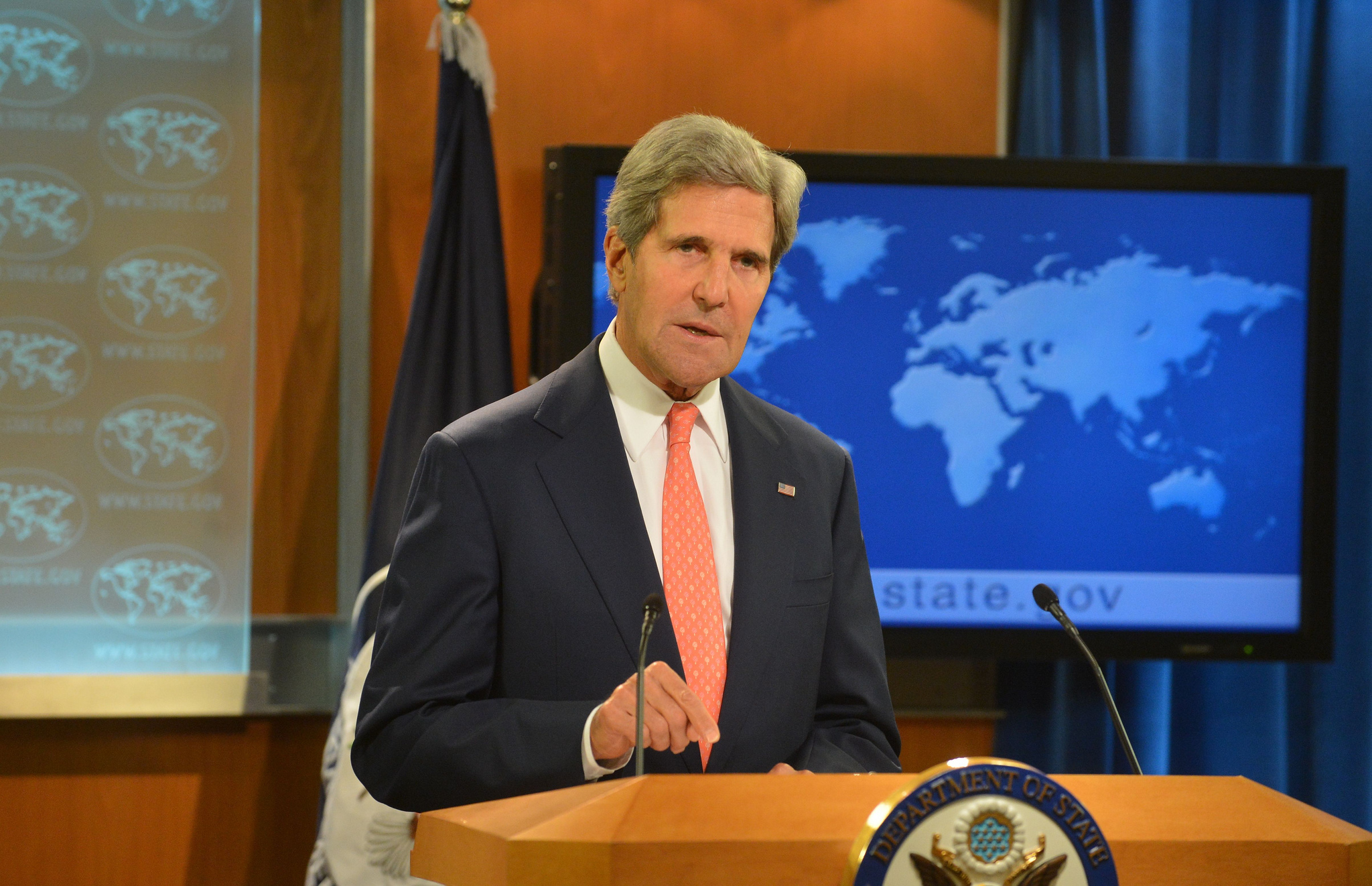Guest post by Patrick Pierson
This November, Ghanaians go to the polls for a third consecutive showdown between sitting President Nana Akufo-Addo and opposition leader John Mahama. While Ghana is often hailed as a paragon of democracy in sub-Saharan Africa, observers are anxious about the country’s democratic credentials heading into the new elections.
Last year, President Akufo-Addo signed into law the Vigilantism and Related Offences Act, a measure meant to curb increasing levels of political vigilantism—the deployment of violent party activists in the name of partisan politics—across the country. In recent years, these vigilante groups—often comprised of young, unemployed men—have intimidated opposition candidates and their supporters, coerced electoral officials, and attacked polling stations.
While there has been a strong push for politicians to denounce vigilante groups, recent reports suggest that vigilantes continue to operate in the name of the country’s two leading parties, the New Patriotic Party (NPP) and the National Democratic Congress (NDC). Indeed, a number of recent by-elections have been marred by violence and intimidation (see here and here).
In practice, the Vigilantism Act may not be worth the paper it’s written on. Though the law introduces a stiffer penalty for those involved in vigilante violence, its provisions do little to address the underlying issue—neither party can credibly commit to disbanding their political militias since the Act asks each side to lay down their arms without ironclad assurances that their opponent will do the same. Put differently, both the NPP and the NDC fear the sucker’s payoff, renouncing and demobilizing their own vigilantes just to discover that their counterpart reneged on the deal and maintained a violent political wing. Because neither side can credibly agree to hold up their end of the bargain, the likelihood of success remains small.
Understanding the drivers of—and ways to mitigate—political violence in Ghana is more than an academic exercise. While democracy is often lauded as a system of government in which “the ballot is stronger than the bullet,” a quick glance at headlines reveals just how prevalent violence is in today’s democracies. A few weeks ago, separatist fighters in Cameroon kidnapped more than 40 political candidates in an effort to derail upcoming elections. Last year, more than 130 Mexican politicians were killed in the run-up to elections. In Germany, threats against political figures are the new normal; in the US, a politician is under investigation for allegedly promoting violence among supporters.
So what can be done to counter political violence? The promise—and peril—of democracy is that power rests in the hands of the people. While violence is often orchestrated or encouraged by elites, citizens have the final say; ultimately, they hold the keys to electoral sanction and decide whether or not to “vote the rascals out.” While legal and institutional reforms such as Ghana’s Vigilantism Act are welcome initiatives, everyday activism—across ethnic, religious, class, and partisan lines—remains a powerful method for countering political extremism in all its varied forms.
Patrick Pierson is a PhD student in the department of political science at Emory University.





